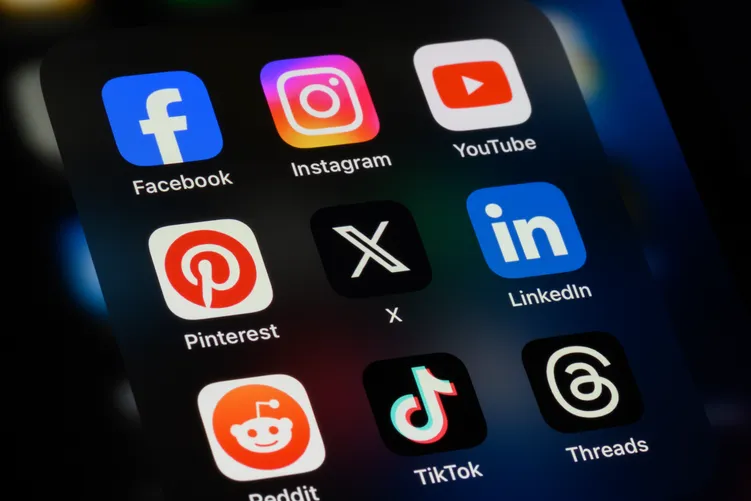Other Articles:

BHB MBChB MHA DCH(Syd) DRGA JCCA FRACGP FARGP AFRACMA GAICD CHIA
7 min read Created: May 26, 2025, 6:39 a.m.
Introduction
Social media has become an integral part of daily life for many, with over 20.8 million Australians active on various platforms. While social media offers avenues for connection and information, there is a growing concern about its impact on mental health.
Recent data shows that more than four in ten Australian teens now experience mental health distress, with many experts linking this rise to increased social media use. This article explores the complex relationship between social media and mental health and what you can do to recognise the signs, protect your wellbeing and take control of how you engage with social platforms.

How social media affects mental health
Social media platforms are designed to keep users engaged for longer periods, often through algorithm-curated content and constant notifications. While this encourages ongoing interaction, research has shown that excessive use can lead to higher levels of loneliness and reduced overall life satisfaction.
This impact appears to be even more pronounced among young people. The Headspace National Youth Mental Health Survey found that more than half of young people (57%) believe their mental health is getting worse, with 42% identifying social media as the main reason for the decline. This growing concern raises an important question: how does social media affect teenagers’ mental health?
Studies suggest that social media use among adolescents can contribute to issues such as body image dissatisfaction, cyberbullying and frequent mood swings. High usage has also been linked to disrupted sleep, increased anxiety and symptoms of depression — all of which can affect concentration, emotional regulation and everyday life.
Social media is not all bad
Despite the risks, the effects of social media on mental health aren’t all bad. It can vary depending on how, why and how often you use it.
-
Connection and community — Platforms like Instagram, Facebook and TikTok can help people feel more connected, especially during times of isolation or difficulty.
-
Access to mental health resources — Many professionals and organisations share practical tips, self-care strategies and mental health education through social media.
-
Quick support — It’s an easy way to discover tools, advice and coping techniques that can be applied in everyday life.
-
Seeking help online — According to ReachOut, many young Australians are turning to social media to look for mental health support, showing that these platforms have become a go-to place for those in need of guidance or reassurance.
So while the negative impact of social media is real, it’s equally important to recognise its potential for good.
Tips on healthy social media habits
Understanding the impact of social media on mental health is only half the story. The other half is learning how to manage it.
Small, consistent changes in how you use social media can make a real difference. Here are a few simple ways to start:
-
Mute or unfollow accounts that affect your mood — If a page makes you feel anxious, insecure or frustrated, it’s okay to step away. Your feed should support your wellbeing.
-
Set screen time limits — Use your phone’s built-in tools to cap how long you spend on certain apps each day. Even 30 minutes less can improve focus and reduce stress.
-
Create screen-free zones — Avoid social media during meals or before bed. Reducing screen time at night can improve sleep and help you wind down properly.
-
Follow content that lifts you up — Make your feed a more positive space by following creators who focus on mental health, creativity or humour.
Get help today
If you’ve already made changes and still feel drained, anxious or overwhelmed, it might be time to reach out for support.
Reach out to a general practitioner or a mental health professional. They can help you work through what’s going on and suggest the right support. There are also free resources like Lifeline (13 11 14), Beyond Blue and Headspace if you’re not sure where to begin.
Need time off for your mental health? Medical Certificates Australia supports you
If social media or everyday stress is starting to affect your mental health, it’s okay to take a break. Taking time off work or school to look after your wellbeing is not only valid but also necessary.
Does your situation warrant a sick day? Don’t worry — and go ahead. Medical Certificates Australia is here to support you by providing fast, reliable access to online medical certificates.
The process is 100% online, quick to complete and doesn’t require an in-person GP appointment. You can apply in just a few minutes and receive your certificate straight to your inbox. It's convenient, secure and designed to fit around your schedule.
Have questions or not sure where to start? Get in touch with Medical Certificates Australia and the team will be happy to help.






















